New Jersey Transit hikes fares 15% as congestion toll looms — here’s how much your monthly pass will cost now
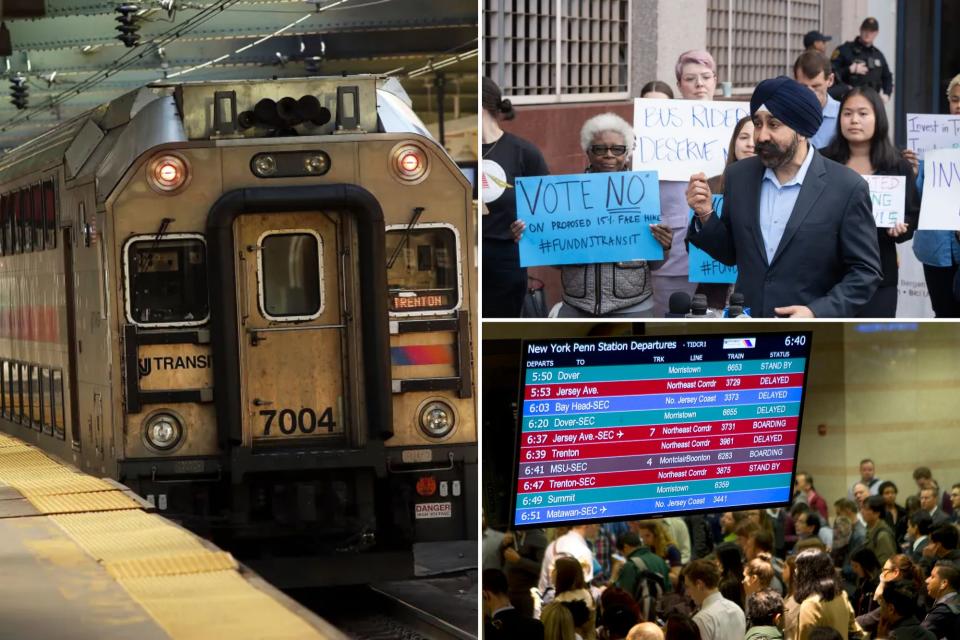
There’s no way around it!
New Jersey commuters will be shelling out a lot more to come into Manhattan — whether by train, bus or car — starting this summer.
The board of cash-strapped New Jersey Transit hiked fares for its railroads, bus routes and light rail lines by 15% Wednesday, beginning in July, as officials seek to patch a massive hole in the agency’s finances.
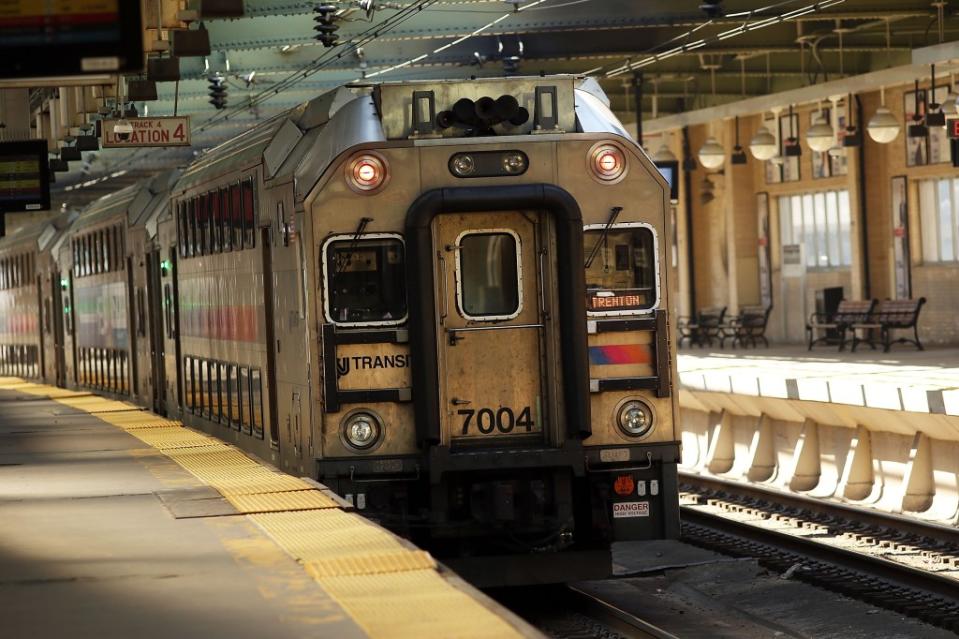
The move comes as New York officials press ahead with imposing a controversial $15 daily toll on drivers beginning as soon as June, which Garden State politicians argue will unfairly hit commuters crossing the Hudson.
“Fare hikes should be a last resort option,” said transit activist Talia Crawford, who represents the Tri-State Transportation Campaign.
The unanimous vote by the NJ Transit Board approving the 15% fare hike means that a monthly pass for a commuter taking the Morris-Essex Line will now cost $342, up from $298.
Local bus fares will be bumped from $1.60 to $1.80; interstate bus fares from Jersey City to the Port Authority Bus Terminal will jump from $3.50 to $4; and a one-way train ticket from Princeton Junction to New York Penn will soar from $16 to $18.40.
“While a fare increase is always an option of last resort – and we recognize the impact an increase of any size has on all our customers – I remain strongly committed to ensuring that overall service levels are not reduced” through June 2025, said NJ Transit CEO Kevin Corbett.
Roughly 131,000 ride the PATH on any given day in January — with weekday ridership hitting 162,000. Another 123,000 take NJ Transit trains into Penn Station. Plus another 200,000 use the Port Authority Bus Terminal, which is predominantly used by NJT.
The Port Authority runs the PATH system and its fare remains $2.75 each way.
Roughly 131,000 ride the PATH on any given day in January — with weekday ridership hitting 162,000. Another 123,000 take NJ Transit trains into Penn Station. Plus another 200,000 use the Port Authority Bus Terminal, which is predominantly used by NJT.
The vote by the agency’s board of directors came after years of warnings from transit activists and government watchdogs that Gov. Phil Murphy and Garden State lawmakers were failing to secure NJT’s finances amid post-pandemic ridership drops.
The activists have charged for years that agency executives were taking money that should be used to repair and upgrade the system and were using it to keep the lights on and to run trains — the sort of financial maneuvering that contributed to New York’s fiscal collapse in the 1970s.

The fare hike will fill NJT’s $100 million budget hole in 2025, but the agency’s woes are only set to grow with deficits increasing to nearly $780 million by 2026.
Murphy recently proposed a new tax on large Garden State businesses to cover much of that gap, but still needs lawmakers to sign off.
Amid NJT’s tumult, Murphy and other New Jersey politicians have launched an aggressive campaign challenging New York’s proposed congestion fee in the courtroom and in the court of public opinion.
A federal judge in Newark heard oral arguments in New Jersey’s case last week and has promised to issue an opinion quickly as the state tries to block the fee.
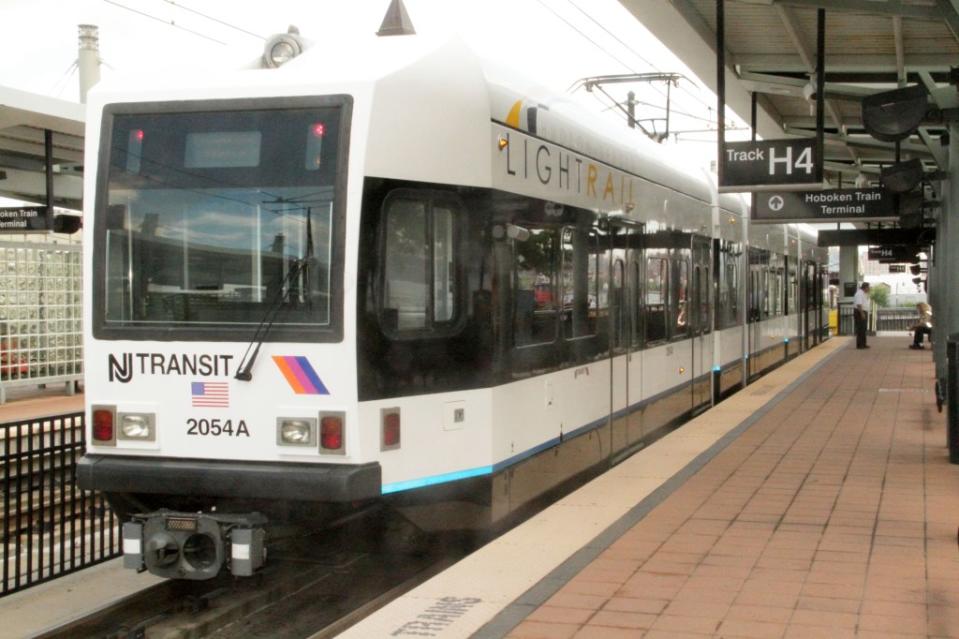
Legally, Murphy and his allies contend the federal government did not require an extensive enough environmental review of the proposal and that the MTA should be sent back to the drawing board; politically, they argue that New York is attempting to finance transit expansion projects on the backs of New Jersey commuters.
The program is also being challenged by several major municipal labor unions and local politicians from Staten Island and other outer boroughs.
The congestion program would charge cars that drive below 60th Street in Manhattan $15 daily if they cross between 5 a.m. and 9 p.m. on weekdays and $3.75 during the overnight hours. Those entering via the tolled tunnels — including the Holland and Lincoln — would get a $5 discount against the full $15 toll.
Trucks would pay either $24 or $36 during the peak hours, while motorcyclists would pay half.
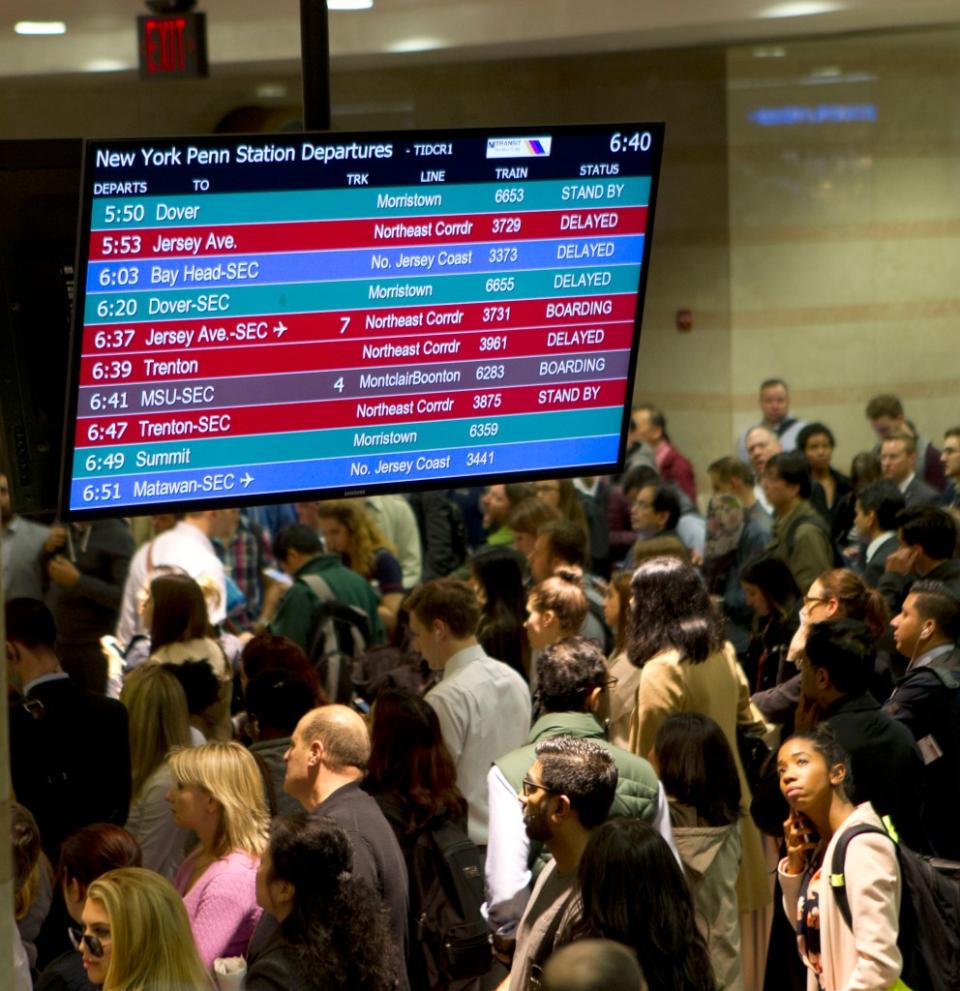
Studies show it will cut the number of cars entering Manhattan by as much as 17%, taking a giant ax to the gridlock that has — among other things — made Manhattan’s bus service the slowest in the country and causes a ton of pollution locally.
MTA officials have shot back that Murphy was trying to distract from his mismanagement of Jersey’s transit system.
A recent investigation by the Bergen Record/NorthJersey.com revealed that train cancellations were up 7% in 2023 compared to 2017. That was the last year then-Gov. Chris Christie was in office — Murphy won the race to replace him, in part by promising to get NJT sorted out.
“Phil Murphy said he was gonna fix New Jersey Transit if it kills him,” Metropolitan Transportation Authority CEO Janno Lieber told New York state lawmakers in Albany in January. “I’m not sure. He’s not dying, and I’m not even sure if he’s trying.”
And MTA officials point out that most people commuting into Manhattan from the Garden State are already taking crossing the Hudson using the PATH, the railroads or the buses and would benefit from better subways and buses in the city.
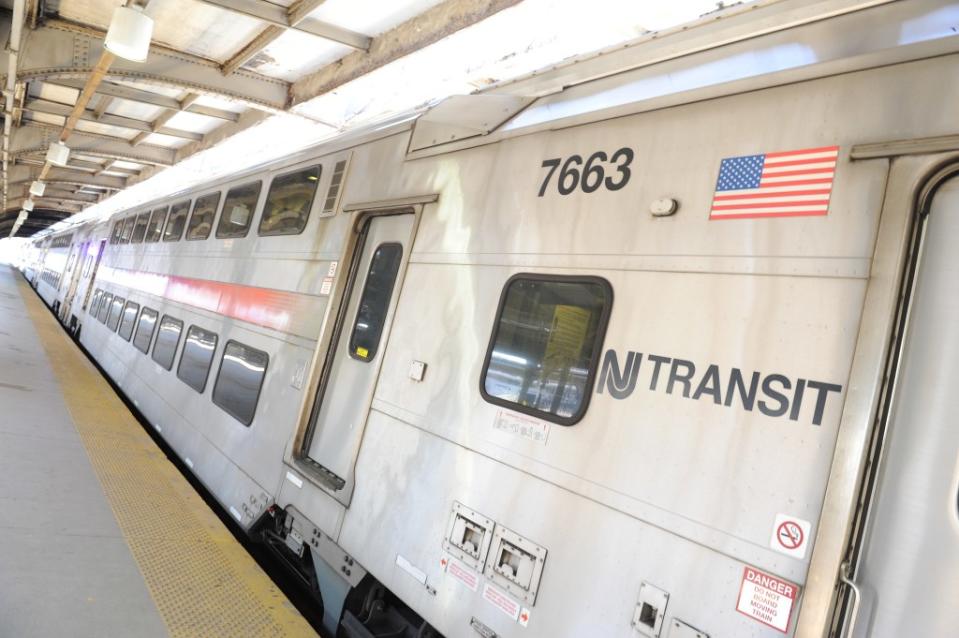
Approximately 234,000 people use the George Washington Bridge, the Lincoln Tunnel and the Holland Tunnel combined on a daily basis, according to Port Authority data.
New York state lawmakers in Albany signed off on the tolling program back in 2019 to help finance then-New York City transit boss Andy Byford’s $40 billion program to modernize the subway system.
Byford quit in 2020 after he was sidelined by then-Gov. Andrew Cuomo, but the bulk of his modernization program remains in force — including his program to overhaul the century-old mechanical stoplight signals that constantly break with a computerized system that allows for centralized train control.
The agency has already switched the L and the 7 trains over to the new system, which it says has made them the most reliable in the system.
It is wrapping up work and sorting out remaining technology glitches on the western section of the heavily congested Queens Boulevard line; installing the new system on the 8th Avenue subway (A/C/E) in Manhattan; and is doing prep work to begin installing computer control on the Brooklyn-Queens Crosstown subway (G) this summer.

 Yahoo Finance
Yahoo Finance 